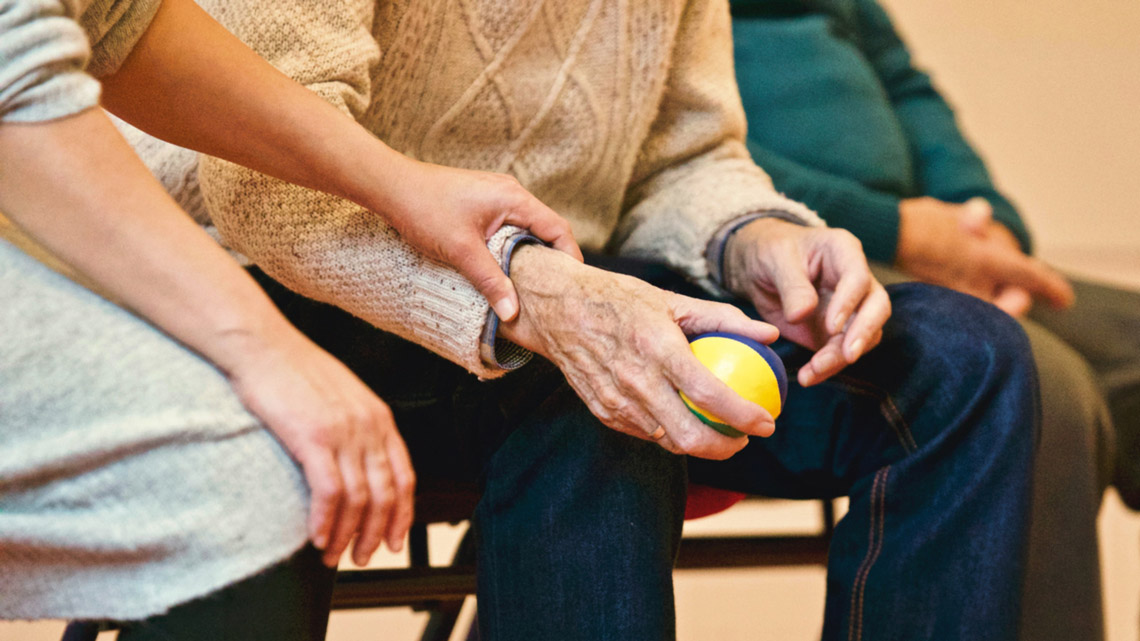The general situation at public and nonprofit nursing homes in Brazil is not good, according to a study by the Federal University of Minas Gerais (UFMG), which analyzed 1,665 of what are known as Long-Term Care Institutions for the Elderly (ILPIs). “A high number of institutions do not fully comply with ANVISA [Brazilian Health Regulatory Agency] regulations,” says Mirna Rodrigues Costa Guimarães of the Minas Gerais State Health Department. For her PhD at UFMG, Guimarães used 2018 data from the Brazilian Public Health System (SUS) census. Almost 90% of nursing homes did not have enough caregivers for the number of residents; 82% did not meet all accessibility requirements; 48% did not have a manager with a degree who worked at least 20 hours a week on site at the institution; and 5.8% were overcrowded. In the Southeast of Brazil, only 19.1% of institutions had a multidisciplinary health team; in the North, just 2.9%. There was one positive result: 94% of institutions implemented measures designed to strengthen family bonds between elderly people and their relatives and to reduce feelings of abandonment and loneliness. Estimated at 1.3 million, the elderly population living in ILPIs in Brazil is growing continuously. From 2010 to 2021, the number of people aged 60 or over increased from 11.3% to 14.7% of the population, rising from 22.3 million to 31.2 million (Science and Public Health, July 2023).
RepublishElderly
Dramatic situation at nursing homes

Strengthening family ties is one of the priorities at ILPIs
Matthias Zomer / Pexels

